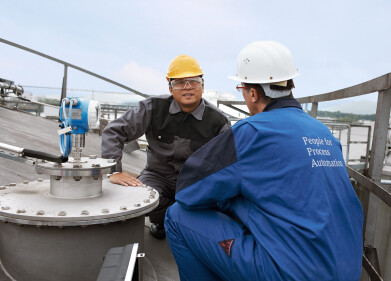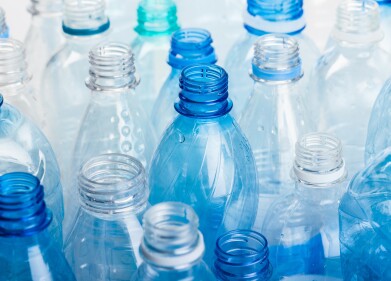Analytical Instrumentation
Worldwide Refining by Petrobras
Sep 27 2010
Brazil has large amounts of crude oil and has for over 30 years imported oil to the US, currently at a level of about 100000 barrels per day. Petroleo Brasileiro S.A., a.k.a. Petrobras, was formed in 1953 is wholly government owned. It is involved in both up- and downstream processes. There are ten Petrobras refineries in Brazil itself. There are two in neighbouring Bolivia with a combined capacity of 60000 barrels per day. Recent nationalisation has led to transfer of part of the Petrobras refining facilities in Bolivia to the state-owned oil firm Yacimientos Petroliferos Fiscales Bolivianos (YPFB). Compensation to Petrobras will be made, possibly in kind by way of natural gas. The other South American country in which Petrobras have refineries is Argentina where there are two, one in the capital Buenos Aires and the other to the north of the country. Their combined capacity is just under 70000 barrels per day. Petrobras also have a facility for liquefied natural gas (LNG) manufacture in the Salta Province of Argentina.
One of the most significant foreign enterprises of Petrobas is its 50% holding in Pasadena Refining: the other 50% belongs to Astra. The refinery at Pasadena, Texas has a capacity of 120000 barrels per day about half of which comes from the offshore Marlim field, about 70 miles out to sea from Rio de Janeiro. The refinery at Okinawa, southern Japan, started operations in 1972 and now has a capacity of 100000 barrels per day. It is presently owned by Nansei Sekiyu KK. in the parent company of which, TonenGeneral, Exxon have a 51% holding. The Okinawa refinery is therefore often loosely referred to as an Exxon refinery. At the time of writing this mini essay there is a strong possibility that Petrobras will obtain a share of the Okinawa refinery. One motive for its so doing is that it will enable Petrobras to sell refined products to China, currently a very attractive market.
Petrobras have another string to their Japanese bow. Long before concerns about CO2 emissions, fuel use of ethanol obtained by fermentation of sugar was prevalent in Brazil. In late 2005 Petrobras entered into an agreement with Nippon Alcohol Hanbai whereby it would export ethanol to Japan. Okinawa, mentioned above as the scene of a major oil refinery, has as a matter of fact long been the scene of sugar refining. Perhaps note will be taken of the possibility of manufacture of something like E85 by the two jointly.
by Dr. Clifford Jones, University of Aberdeen, UK j.c.jones@eng.abdn.ac.uk
Digital Edition
PIN 25.1 Feb/March
March 2024
In This Edition Safety - The technology behind the ION Science Tiger XT - Safety with ammonia and LOHCs as hydrogen carriers Analytical Instrumentation - Discussion on new tribology te...
View all digital editions
Events
Apr 22 2024 Hannover, Germany
Apr 22 2024 Marrakech, Morroco
Apr 22 2024 Muscat, Oman
Apr 22 2024 Rotterdam, Netherlands
Apr 23 2024 Singapore


















